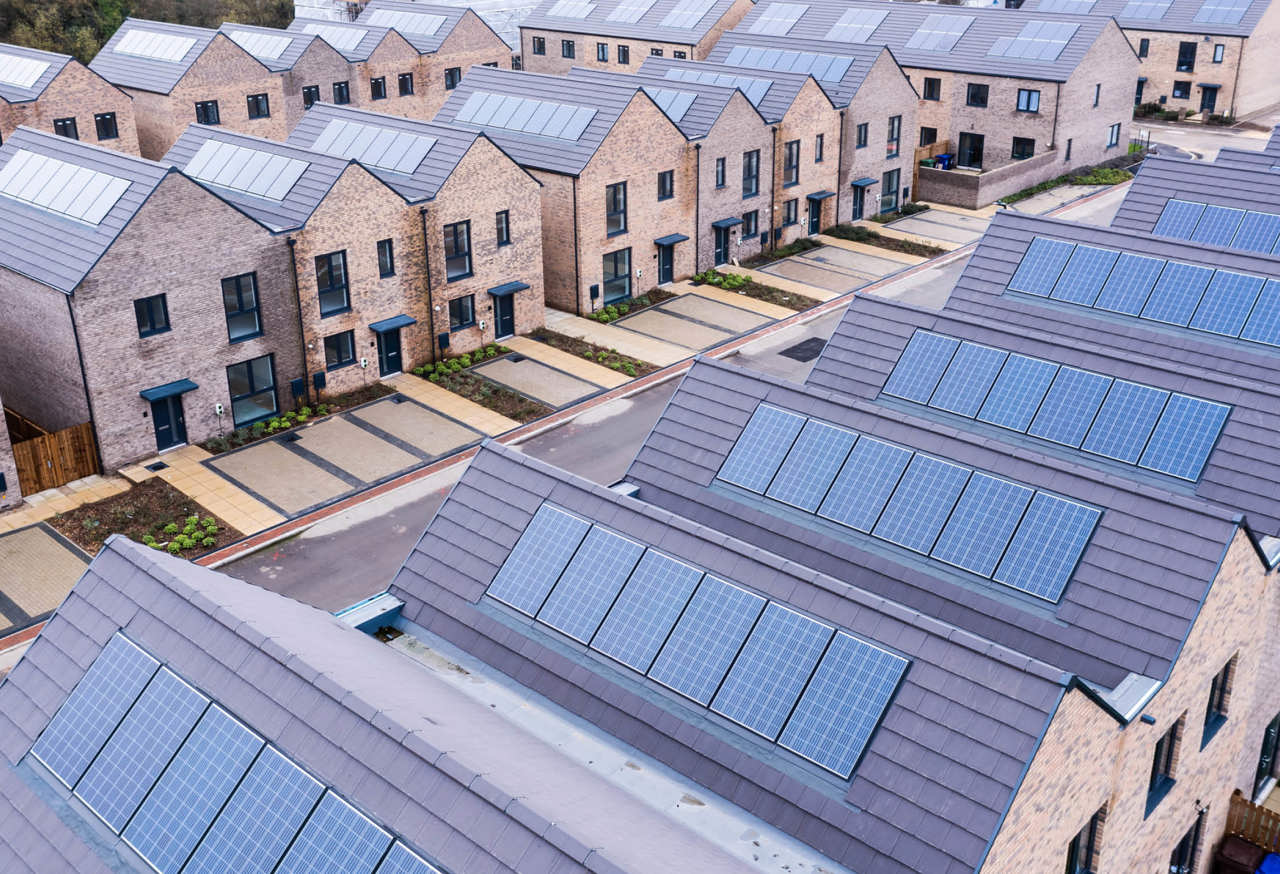What role can heat pumps play in flexibility in the Netherlands?
Energy transition Energy consultancy Residential researchHeat pumps in the Netherlands represent around 1.2 GW of electrical capacity that could be used for grid flexibility and this is set to grow by about 60GW per year. However, the majority of heat pumps – whilst technically capable of being remotely controlled – do not have this functionality activated. More work is needed by industry to enable heat pumps to be readily available as flexible energy assets.

We recently carried out work with the Flexiblepower Alliance Network (FAN) to understand the opportunity for heat pumps to play in grid flexibility in the Netherlands. With over 300,000 heat pumps installed in the Netherlands, FAN was keen to understand the potential this pool of assets presents to flexibility services and what barriers might exist to achieving this.
We set out to answer these questions by first assessing the Dutch market; understanding the installed base and installation rate of heat pumps, connectivity of heat pump products and market shares. We built on previous research we’d carried out for FAN in 2019 to identify how the market had developed since then.
Our research shows that heat pumps in the Netherlands represent around 1.2 GW of electrical capacity that could be used for grid flexibility. This is set to grow by about 60 MW per year at the current rate of heat pump installations, and by even more towards the end of this decade when heat pump installations rates are set to increase.
However, before we can consider the potential role of heat pumps in flexibility, we needed to assess the ability for heat pumps to be controlled remotely by a third party:
- We reviewed the portfolio of heat pumps being installed in the Netherlands and found that the majority of currently installed models have this functionality i.e., they can be connected to the internet, remotely monitored and remotely controlled.
- However, we estimate that only 1 in 6 of these heat pumps have this functionality activated – meaning that the majority of heat pumps cannot currently be remotely controlled. The functionality is achieved through inbuilt or retrofit controls on the heat pumps, which then have to be activated by the end-user or third party.
There are also challenges around interoperability. Whilst heat pumps manufacturers are increasingly recognising the value of greater connectivity and moving away from proprietary protocols, these still persist in the market. This needs to change to enable residential assets to participate in flexibility services, as well as other benefits consumers can realise from home energy management. Clearly more needs to be done to unlock the wider benefits heat pumps can bring.
Read the full report on connected heat pumps in the Netherlands here.




